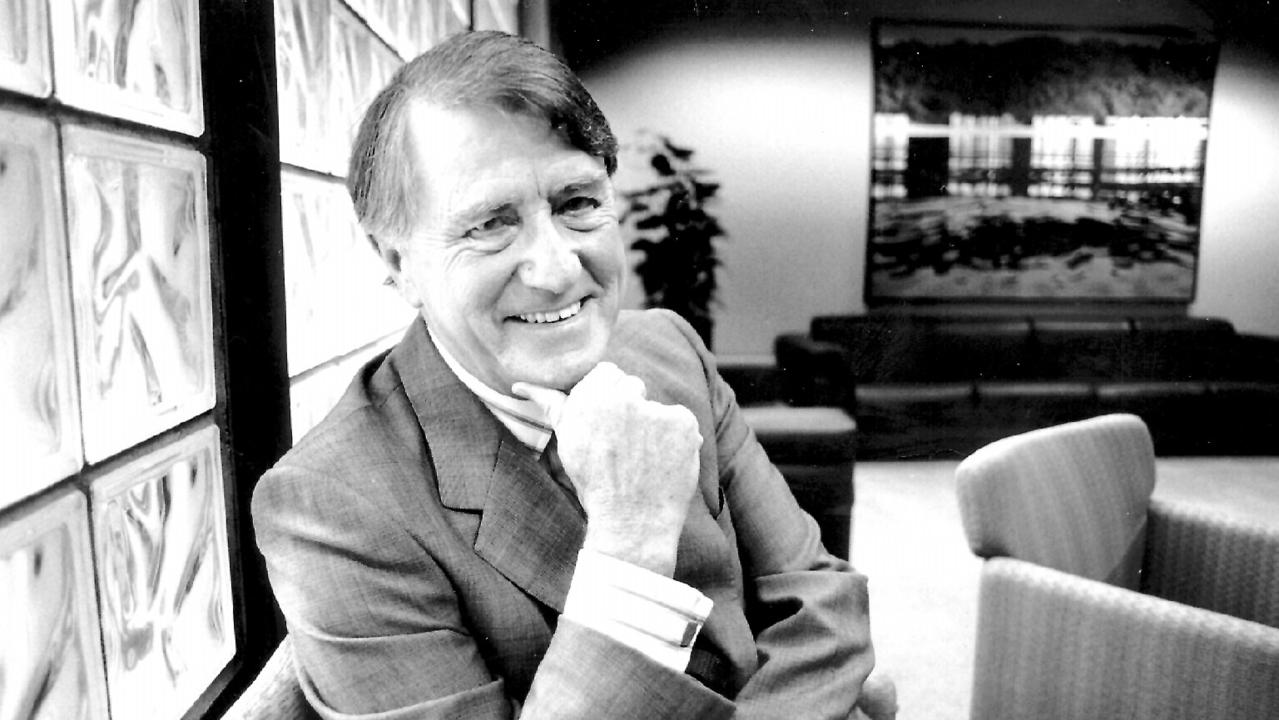French president Emmanuel Macron finds Marine Le Pen mightier than he thought
Losing his party’s majority is not disastrous, but the French president should heed the lesson.
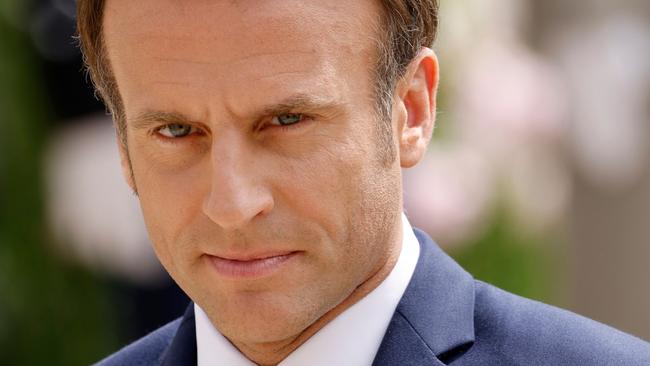
That the breakthroughs the far left and the far right achieved in last Sunday’s French parliamentary election will greatly complicate President Emmanuel Macron’s second term is beyond doubt. However, the results may help restore the electorate’s confidence in the country’s political system, strengthening its democracy.
To say that is not to downplay the earthquake which has hit France’s national assembly. Although Macron’s “Republic on the Move” party and its electoral allies managed to retain their place as the single largest parliamentary grouping, they lost as many as one-third of the seats they had secured in 2017 – and their absolute majority with them.
Meanwhile, the far-left NUPES (the New Ecological and Social People’s Union) coalition, which is led by Jean-Luc Melenchon, a fiery orator who makes no secret of his admiration for Hugo Chavez, nearly doubled its representation. And an even greater triumph was scored by Marine Le Pen’s far-right National Rally, which went from just eight seats to an unprecedented 89.
Those outcomes are at least partly due to the Macron camp’s tactical errors. The recently re-elected president and his advisers believed they could hold on to their absolute majority by running a very low-key campaign which avoided any controversy their opponents could exploit.
Working on the assumption that – after the presidential election’s two rounds, followed by the first round of the parliamentary contest – the country would suffer a severe case of election fatigue, they expected younger voters to shun the polls, making the result dependent on the older cohorts, which slant heavily towards the more centrist Macron.
The president was therefore almost entirely absent from the hustings, and instead of advancing a positive program, emphasised time and again that a vote for his grouping was a vote for stability, as it would facilitate the implementation of the president’s (ill-defined) agenda.
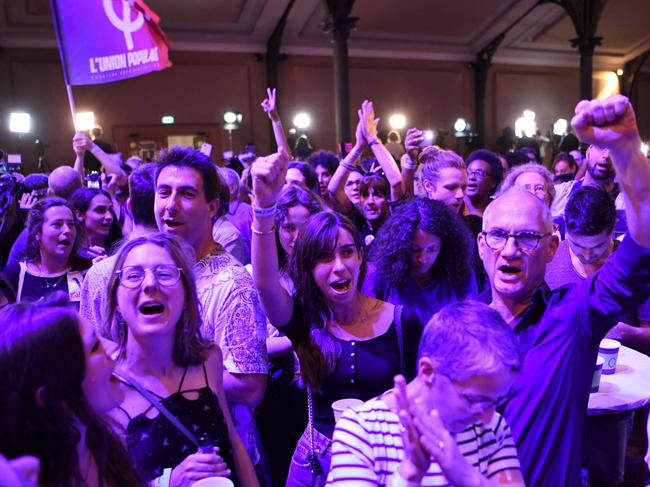
But if voters had flocked to Macron in 2017, it was because he promised change. Five years later, after a succession of crises highlighted France’s social fractures, the dreams of a fresh start had lost their lustre – yet all the Macron camp held out was a wildly unpopular (if badly needed) reform of the pension system.
In contrast, both Melenchon and Le Pen had no shortage of answers to voters’ anxieties about stagnant wages, rising prices and deteriorating public services.
It is true that those answers were often poorly thought through, mired with contradictions and simplistic, which helps explain why 52 per cent of the electorate abstained. Nonetheless, faced with a choice between something and nothing, a majority of those who voted were willing to opt for extremes which, only a few ears ago, would have been considered beyond the pale.
To some extent, that reflects the options on offer. After the sudden rise of Macron’s movement shattered the centre-left and drastically weakened the centre-right, those extremes were the salient alternatives to Macron; and as VO Key Jr, the great American political scientist, famously observed, “If the people can choose only from among rascals, they are certain to choose a rascal”. However, in the case of the National Rally, the breakthrough also reflects Le Pen’s success in fundamentally reshaping her party’s image.
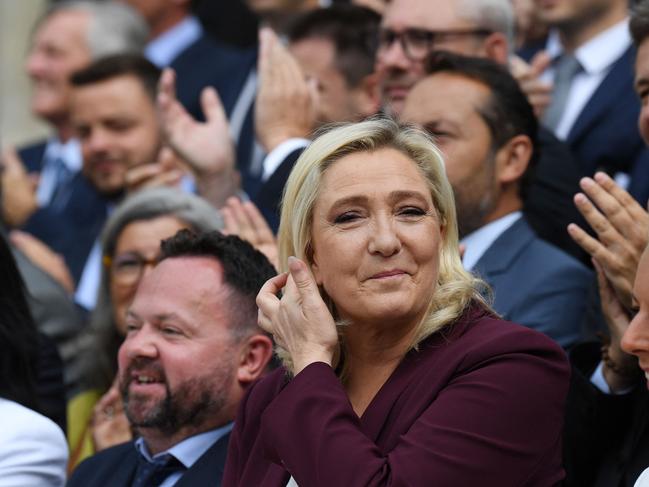
In the Rally’s previous incarnation as Jean-Marie Le Pen’s National Front, the party’s typical candidate sported all the signs of having enjoyed one brawl too many, with broken noses, cauliflower ears and facial scars being pretty much de rigueur. This year, under his daughter’s leadership, half the party’s candidates were women, mostly relatively young, and – while Macron’s camp epitomised the French elite – the party ran candidates whose social origins and occupations mirrored the electorates they were contesting.
Moreover, the Rally’s campaign stressed bread and butter issues, portraying Macron as a grandstander on the international stage who showed no interest in the mounting pressures on household budgets. And its standing was oddly boosted by the Macronists’ decision to cast Le Pen and Melenchon as equally dangerous – which meant that a vote for the National Rally was no worse than one for the former Socialists.
Last but not least, while a large part of the electorate hesitated at the thought of making Le Pen president – with all the powers that position has in the French system – backing a National Rally local candidate, who would be merely one parliamentarian among many others, could be presented as a low-risk way of constraining Macron’s ability to overreach.
The pay-off from that strategy proved substantial: in the 2017 second round, the Rally prevailed in just seven of the 107 constituencies in which it was pitted against a candidate from the Macron camp; this time, out of its 104 second round duels with the Macronists, it won a stunning 53.
However, none of that means France is now condemned to political paralysis, much less to a descent into chaos. Under the constitution, Macron largely controls foreign and defence policy; and while the assembly could use censure motions to force the prime minister (whom the president chooses) to resign, triggering fresh parliamentary elections is not in the interest of any of the major groupings, whose leaders are already seeking to position themselves as credible candidates for the (wide open) 2027 presidential race.
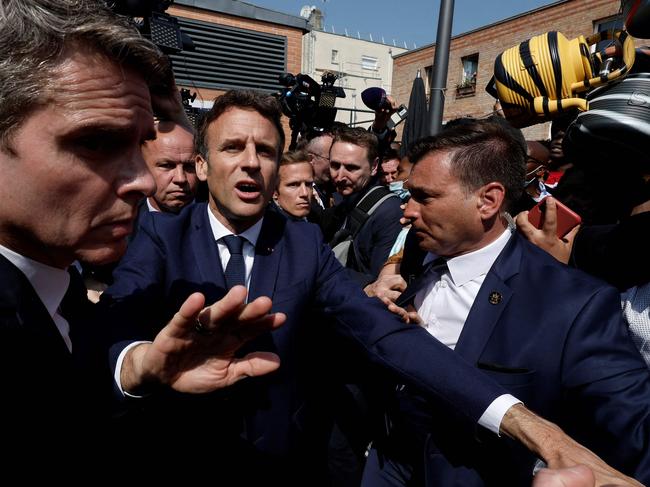
Of course, unlike before, Macron will have to negotiate with his political opponents; but he should be able to forge working majorities with the centre-right Republicans on foreign policy and economic management, while relying on the less radical elements of the left to pass his environmental legislation.
The horse-trading will surely be messy; however, with a national assembly which polls show is – for the first time in decades – a remarkably faithful reflection of the electorate as a whole, more of France’s politics will be done in the legislature and less of it will end up being fought out in the streets.
Ultimately, Macron’s goal was to overcome the split between left and right. With his parliamentary grouping retaining a relative majority, it would be wrong to say that his attempt to be “of the left and of the right” has entirely failed. Yet if there is a lesson from this poll, and from recent voting throughout Europe, it’s that historical cleavages keep reasserting themselves.
Voters may well be less loyal to political parties than they once were; but two centuries after the terms “the left” and “the right” were first applied to politics in France’s national assembly of 1789, the incessant struggle between those who want to remake society and those who more modestly seek to restore and reform it remains democracy’s beating heart – and the motor of social progress with it.



